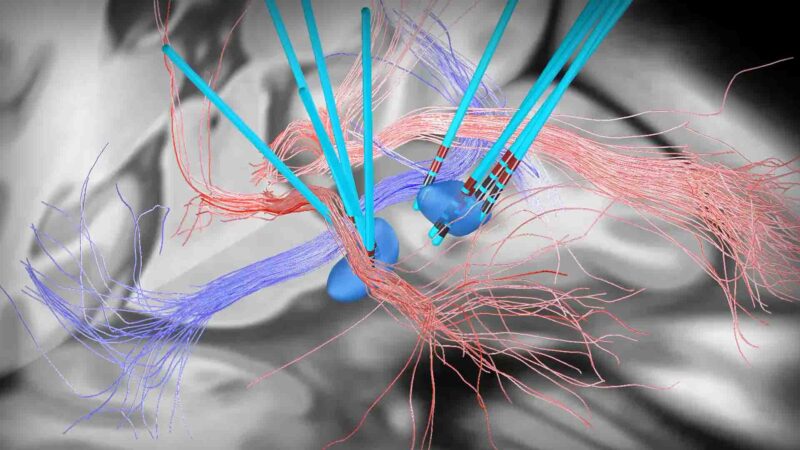FORENSIC PSYCHIATRY RESEARCH IN THE SETTING OF THE JUSTICE SYSTEM
With
Professor Kimberlie Dean, Head of Discipline
UNSW Psychiatry and Mental Health
Faculty of Medicine and Health, UNSW & Clinical Academic Forensic Psychiatrist
and Research Lead for Forensic Mental Health Justice Health and Forensic Mental Health Network, Sydney, Australia
RESEARCHER PROFILE
Filmed in Sydney, Australia | May 2025
Prof Kimberlie Dean is Head of the Discipline of Psychiatry and Mental Health at UNSW. She was appointed to the inaugural Chair in Forensic Mental Health at UNSW in 2011, a joint appointment with Justice Health NSW. She also holds a Clinical Academic appointment as a Consultant Forensic Psychiatrist with Justice Health NSW. She is Academic Program Director for the Masters Forensic Mental Health at UNSW.
Her academic journey commenced with studying medicine at the University of Tasmania and the University of Adelaide. During her medical training, she became intrigued by broader questions concerning mental health, which sparked her interest in epidemiological and population health research.
Prof Dean trained at the Institute of Psychiatry and Maudsley Hospital in London, completing clinical training in Forensic Psychiatry and a PhD in Epidemiological Psychiatry. She returned to Australia over ten years ago to continue her work at UNSW.
Her research interests include understanding links between mental illness and offending behaviour including violence and testing interventions in justice settings/populations. She is currently involved in a range of research projects involving survey methodology, data linkage and intervention evaluation.
At the heart of her research is a commitment to uncovering the truth and enhancing mental health for the most vulnerable community members.
Source: Supplied and adapted
You Might also like
-
Biopsychosocial approaches to obsessive-compulsive, body image and eating disorders
Dr Nicola Acevedo is a Neuroscientist and Research Fellow with extensive expertise in developing novel therapeutics for neurological and psychiatric disorders, contributing to more than ten clinical trials. She specialises in brain stimulation and psychedelic treatments for obsessive-compulsive disorder (OCD) and related conditions, with a strong commitment to advancing personalised, evidence-based neurobiological therapies for severe psychiatric illness. Her approach integrates biopsychosocial and person-centred principles to improve treatment access and mental health outcomes.
-
Anaemia guidelines updated after 50 years
Professor Sant-Rayn Pasricha is the Acting Deputy Director at the Walter Eliza Hall Institute of Medical Research in Melbourne, Australia. He is also a clinical haematologist at the Royal Melbourne Hospital and the Peter MacCallum Cancer Centre. From a young age, Prof Pasricha dreamed of becoming a doctor and found joy in learning about the human body and how to care for patients. After completing medical school, he developed a passion for working in low and middle-income countries, which led him to spend time working in East Timor, India, and Central Australia with First Nations communities.
-
DNA repair on the Fanconi anaemia pathway
Associate Professor Wayne Crismani is an internationally recognised expert in DNA repair, with a particular focus on Fanconi anaemia (FA)—a cancer-predisposition and bone marrow failure syndrome marked by extreme sensitivity to DNA damage. Based at St Vincent’s Institute in Melbourne, he leads a research program dedicated to understanding the genetic, cellular, and reproductive consequences of FA. He is currently supported by a Victorian Cancer Agency Mid-Career Fellowship and funding from the National Health and Medical Research Council.



